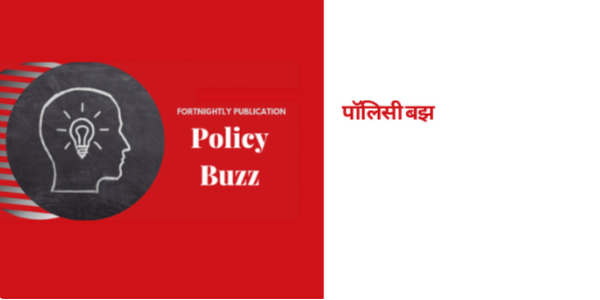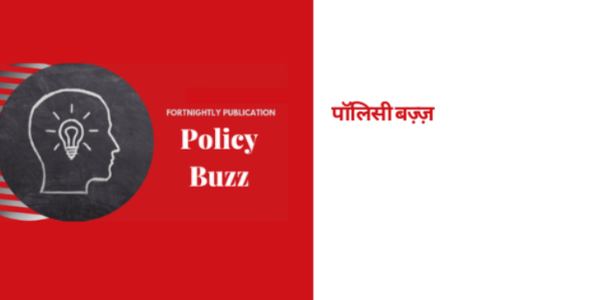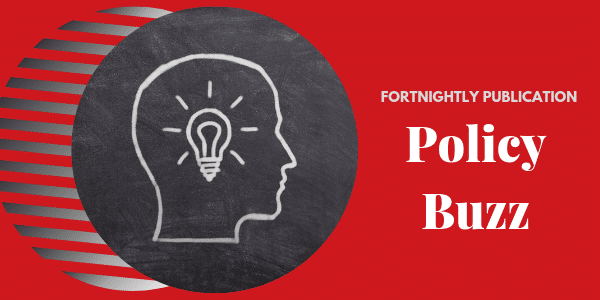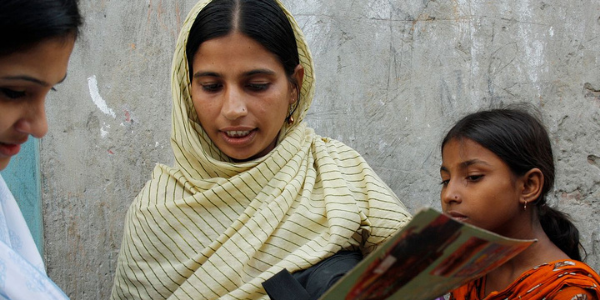For decades, women’s heart attacks have been rampantly undiagnosed because some physicians are unaware that symptoms can manifest differently in the sexes. Similarly, Invisible Women by Caroline Perez highlights the extent to which women have been overlooked – be it in policy-making, developing government programmes, or designing consumer products. Through a number of well-researched examples, Perez puts forth two key arguments.
First, society uses the male template as the representative default for humans, even though women constitute half the population. For instance, medical research is typically conducted on men, and extrapolated to the general population. Second, there are glaring data gaps when men are assumed to be the default. This can be deadly: evidence indicates that women are 47% more likely to be seriously injured, and 17% more likely to die in car crashes than men, simply because seat belts and airbags are built for and tested with the average male-sized dummy figure.
Perez argues that there are several factors behind the assumption that men represent the default human, including: patriarchal culture; power dynamics shaping historical narratives; and the dominance of men in spheres of decision-making, be it in governments or corporate boardrooms. This blog extends Perez’s conceptualisation to two areas that the Accountability Initiative works on – governance and public finance.
Data and Governance
Quality data is fundamental to governance, with the first Indian census being conducted in 1881, now supplemented by a wide range of data collection programmes. Over the years, there have been calls to address gender data gaps. For instance, if infant mortality rates are significantly different by gender in a particular state, we can direct efforts towards addressing underlying challenges – be it nutrition, vaccination, or healthcare for girls. This approach would be different than simply looking at the average infant mortality rate across genders. Instead, we could unpack the reasons behind the higher mortality rate for one gender. This can then allow policymakers to tailor appropriate solutions to address the overall problem.
IWWAGE, a research organisation focussing on women’s economic empowerment, and LEAD at KREA University have mapped gender gaps in Indian government statistics. The report details gaps across labour statistics, census data, and scheme-wise data, among others. It has found that a major blind spot is in using the “household” as the default unit of data collection, which masks gender-specific data in ownership of assets, access to basic amenities, access to mobile phones, and more. Most significantly, women tend to be undercounted in the labour force, with care work and unpaid work not included in labour statistics.
A step towards addressing this data gap within households came with the first national time use survey (2019), which measured time spent on paid and unpaid work for both men and women. The survey revealed that 57.3% of men are engaged in paid employment, compared to just 18.4% of women. However, a whopping 81.2% of women engage in unpaid domestic services for household members (with an average of 299 minutes per day), compared to just 26.1% of men (with an average of 97 minutes per day).
It is time to move away from conceptualising women as a minority, or as a special interest group, and design governance for both halves of the population.
The lack of data disaggregated by gender has serious implications for the design and delivery of government schemes. For instance, a blind spot has been the perception of agriculture as a male-dominated sector. On the contrary, over 70% of Indian rural women are engaged in agricultural work, and yet only 13.9% of women own land. The absence of land rights for female farmers relegates women to low-paying agricultural roles on land owned by others, and denies entitlements from agricultural schemes such as rural credit, assets, technology, irrigation, and the like.
Here too, if there was greater recognition of a gender-specific gap in the ownership of farmland, this could lead to a redesign of criteria to access agricultural schemes, as well as a movement towards strengthening land rights for women.
Gender in Public Finance
Since the early 2000s, India has implemented gender responsive budgeting, which acknowledges gender patterns in society and allocates funds to make programmes gender-equitable. A Gender Budget is prepared annually, with two sections for ministries and departments to highlight: (a) programmes with 100% provision for women; and (b) programmes with 30% and above provision for women.
The 2020-21 Gender Budget stands at 5% of Total Budgetary Allocations for 2020-21. An analysis indicates that, of the total number of 70 ministries and departments in the budget, only 34 reported gender budget allocations in 2020-21. A look at ministries and departments which did not allocate gender-specific funds reveal several areas that could benefit from accounting for the needs of women, such as the Department of Commerce, and the Department of Drinking Water and Sanitation.
A shift away from conceptualising men as the default citizen could enable seemingly ‘gender-neutral’ departments, such as the Department of Drinking Water and Sanitation, to think of the needs of all parties when providing budget estimates. For instance, hypothetically, a sanitation budget that allocates equal land area or funding for men and women’s public toilets, does not take into account the higher floor space required for cubicles compared to urinals.
To provide equal access to public toilets, the sanitation budget could consider these differences and allocate a higher proportion of funding for women’s toilets to ensure the same number of toilets per gender. Beyond this, there needs to be a specific allocation for toilet facilities for transgender persons, especially in the context of harassment faced while using public toilets.
Further, the 2020-21 Budget Speech mentioned women only under the theme of ‘caring society’, with no mention under the remaining two themes of ‘aspirational India’ and ‘economic development’. This alone is a stark indication that women are largely seen as mothers or caretakers. Since women exist as citizens and economic agents too, and make up half of our population, we need to move away from this mindset.
If there is one takeaway, it is this. Representation matters: all of us benefit when diverse perspectives are accounted for at the policy-making level, whether it is directly through female politicians and bureaucrats, or through participatory consultations with communities.
An example from Invisible Women is particularly telling: homes rebuilt after the Gujarat earthquake in 2001 lacked kitchens, because only men were consulted in the planning process – and the need for kitchens apparently did not occur to them.
Sanaya is a Senior Research Associate at Accountability Initiative.








